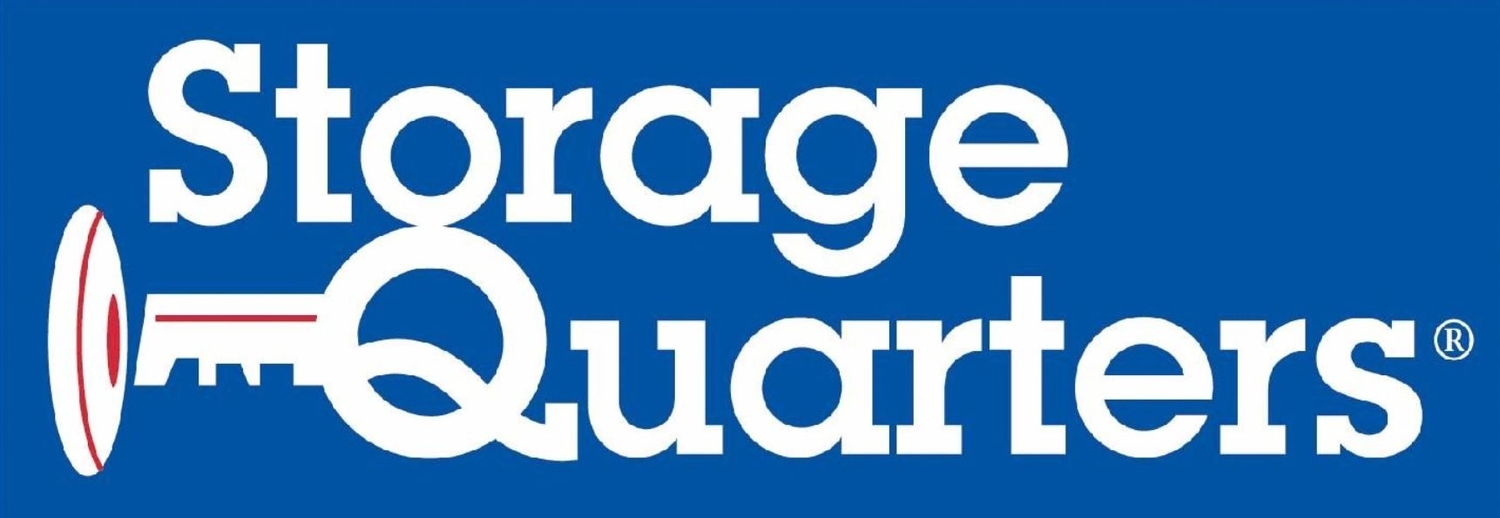Despite persistent claims that we're moving to a “paperless society,” some papers are essential. Some documents are so important you should have copies of them ready to grab in an emergency.
What Are Considered Important Documents?
“Important documents” are those related to significant life events or that are essential for your legal and government recognition and proof of identity. For example, the documents associated with getting married, having a baby, inheritance, name changes, and property purchases fall into this category.
Important papers include:
- Documents for legal identification
- Property records
- Financial documents
- Medical records
- Tax documents
What Important Documents Should I Copy?
In today's world, digitizing records is a great way to keep critical documents handy and have easy access when you need them without digging through dusty files or piles of papers. Despite that, keeping paper copies of certain documents is vital, especially those with a raised seal or anti-counterfeiting measures.
Documents that require physical copies include:
- Social Security cards
- Birth and death certificates
- Legal proof of name changes
- ID cards and passports
- Green cards and naturalization papers
- Marriage licenses and divorce decrees
- Business licenses
- Wills, living wills, and powers of attorney
- Vehicle titles, registration, and loan paperwork
- Property deeds and mortgage documents
What Documents Should I Store Before a Disaster?
The list above details the papers you should have on hand for easy emergency access. Additionally, it's good to have a physical copy of any property, health, life, and/or vehicle insurance, even if you have access to digital versions. You might need to refer to it or provide proof of insurance when power or internet service isn't available.
Similarly, you might want to be sure you have easy access to vaccination and other medical records. These documents are vital for children or anyone with a complicated medical history.
Bank statements and financial paperwork are also essential but can frequently be digitized. How long to keep physical copies versus scanning and shredding the originals depends on the expert whose advice you follow. Still, seven years is usually the maximum amount of time to retain paper copies.
The Federal Trade Commission's Consumer Information division has additional guidance.
How Do You Protect Important Documents?
Keeping important documents in a safe place where you can grab them in the event of an evacuation is highly recommended. But what happens if the emergency is a fire or other event?
Many people choose safety deposit boxes at their bank to store essential documents. Others prefer a fireproof safe at home. Even if you don't have a lot of room, a small safe or firebox can work. Just make sure that it has at least a one-hour fire rating, regardless of the size to give you time to save it. Longer is better, if possible.
Another thing to consider is a storage container that is waterproof in addition to fireproof. Don't assume the latter is the same as the former, though it may be for many models. Even a burst pipe can cause problems if vital documents are water damaged.
Where Should You Keep Important Documents?
Document storage depends upon both the particular document and the risks. Some are universal – fire, flood, etc., can strike anywhere. Precautions for tornadoes, hurricanes, etc., may be more location-specific. A bank's safety deposit boxes might weather some of those situations, but they're not entirely immune.
Keep in mind that a safety deposit box is sealed upon the owner's death, so storing wills, funeral papers, and such is not a good idea because it could take quite a while to access the documents. Laws vary by state, so it's best to either check the regulations in your area or keep that sort of document elsewhere, such as in a home safe or a safety deposit box owned by the person who will be the executor for your will.
Protect Your Data with Storage Quarters
Document shredding is a key defense against identity theft. The data and document experts at Storage Quarters can help with all aspects of storing and shredding your sensitive information. Storage Quarters will keep your vital records safe and secure, and we have various options, including mobile shredding where we come to you. To get a free quote or book our services, contact Storage Quarters by calling (516) 794-7300 or emailing info@storagequarters.com.

